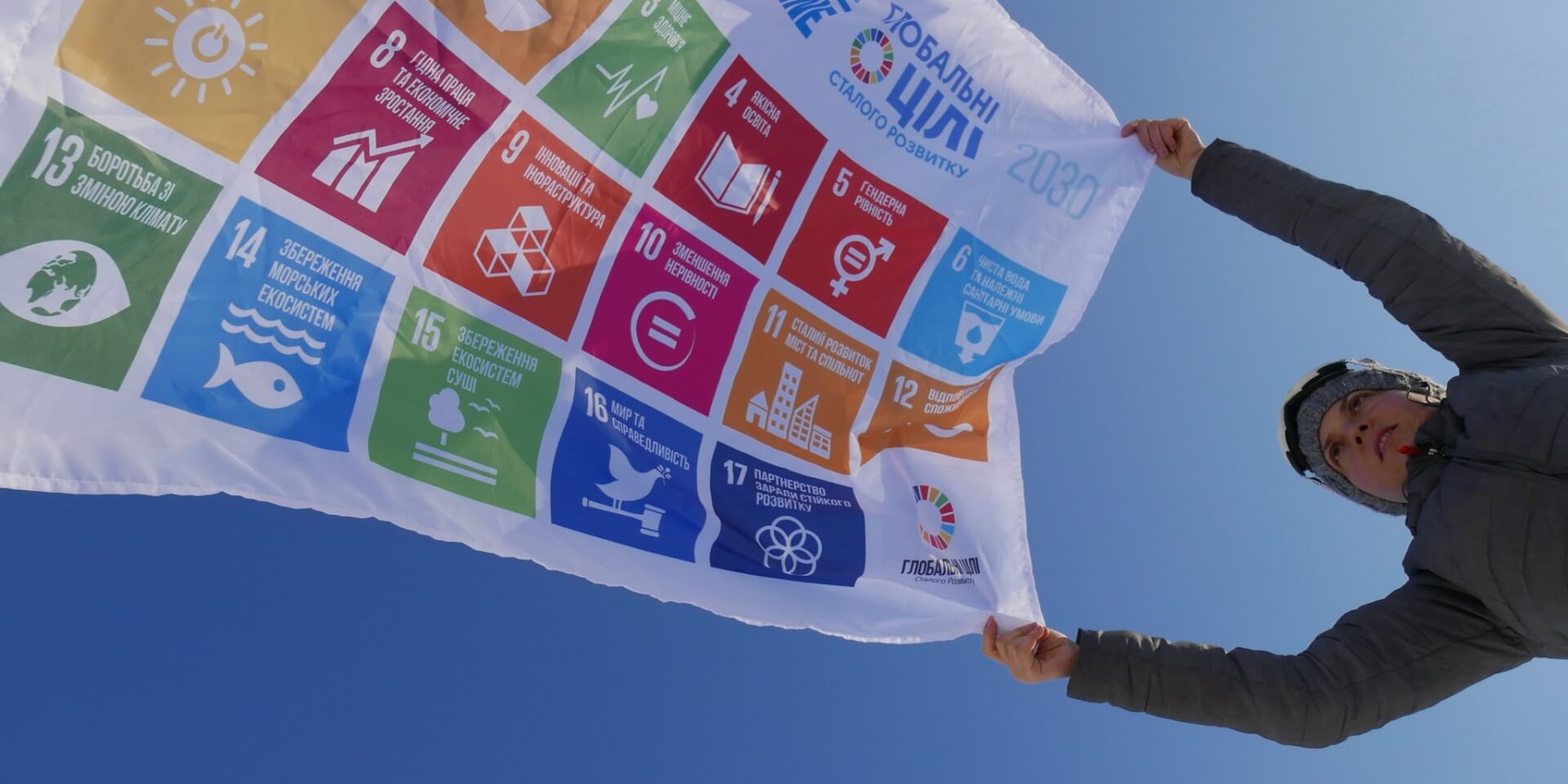
The Global Sustainable Development Report (GSDR) was originally mandated by United Nations Member States in “The Future We Want,” the outcome of the 2012 “Rio +20” conference on sustainable development. Within the implementation of the 2030 Agenda, the GSDR contributes to the follow‐up and review of the Sustainable Development Goals (SDGs) and provides a major input to the High-Level Political Forum. The GSDR aims to strengthen the science‐policy interface and provide evidence‐based guidance on global sustainable development issues and the implementation of the 2030 Agenda.
The GSDR is led by an independent group of scientists (IGS). The IGS, appointed by the United Nations Secretary-General, consists of 15 leading experts from the natural and social sciences, representing developed and developing countries. The next report is expected to be released in September 2023.
The report is an important instrument to inform the deliberations at the quadrennial SDG Summit where it will be launched and where heads of state meet to focus on progress towards the 2030 Agenda. The 2023 report will be launched at the half-way point of the 2030 Agenda when decision-makers will be looking for practical solutions that can accelerate progress.
GSDR Structure and Approach
The elaboration of the GSDR follows an assessment of assessments approach by bringing together a broad range of existing scholarship on SDG implementation. The 2019 GSDR discussed six “entry points” or areas for transformation where there are especially strong interlinkages among the SDGs such that interventions can address many goals and targets: human wellbeing, sustainable and just economies, energy decarbonization and access, food and nutrition systems, sustainable urban and peri-urban development and safeguarding the global environmental commons. Four levers for change were also identified, namely governance, economy and finance, individual and collective action, and science and technology. The report also explored how to strengthen the role of science in sustainable development.
The IGS for the 2023 report will build on the 2019 report with a focus on accelerating action and overcoming impediments that stand in the way of making levers work together as the world approaches the half-way point of the 2030 Agenda and struggles to rebuild in the aftermath (or in the midst) of the COVID pandemic. The 2023 report will also address more explicitly the element of time dynamics of transformation and implementation—moving from emergence to acceleration to stabilization along an s-curve. The focus will be on identifying concrete recommendations and tools grounded in evidence for accelerating SDG implementation and on making the field of science more fit for purpose to support this acceleration.
The scientific review
The UNDESA has requested the ISC to coordinate a scientific review of the draft 2023 GSDR. The review has 3 main objectives:
The reviewers must be nominated by a member organization or affiliated body of the ISC or a partner organization of the ISC (including the World Federation of Engineering Organizations, the Global Young Academy, the InterAcademy Partnership, and the International Council for Philosophy and Human Sciences). Reviewers should be active in relevant research across a range of scientific disciplines including natural, social, humanities, and engineering, with a strong emphasis on trans‐disciplinary approaches and policy expertise. Reviewers should also have an understanding of international/UN processes related to sustainable development. Reviews should be submitted in English. The reviewers will act in a personal capacity and on a pro bono basis.
The review is expected to take place between mid-September and mid-October 2022. The report to be reviewed in its entirety is expected to be approximately 100-page in length.
For any query, please contact [email protected] with ‘GSDR Review’ in the subject line.
Deadline for nominating experts: 20 July 2022
Reviewer Nomination Form
Image credit: UN Ukraine on Flicker